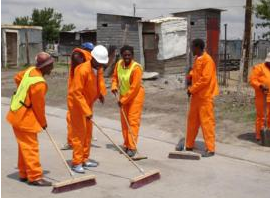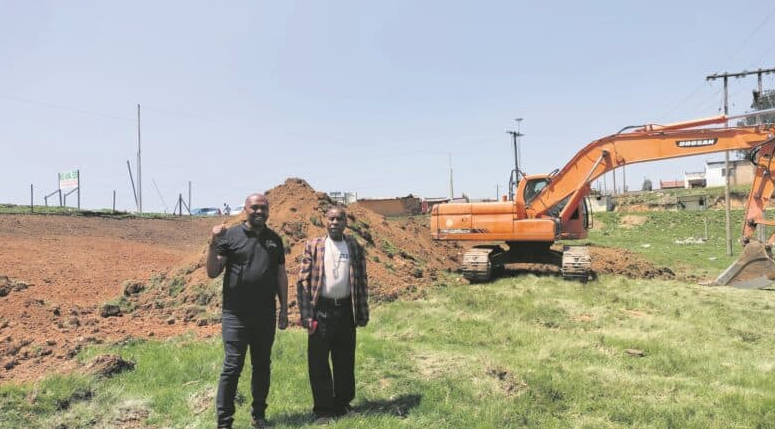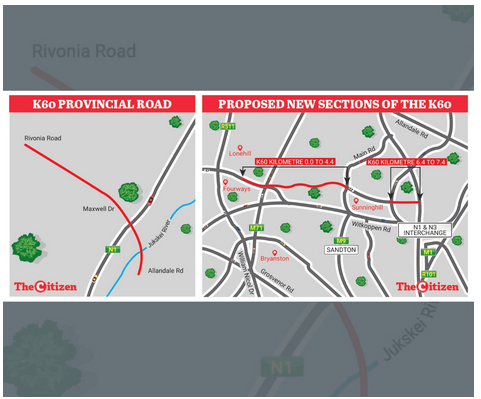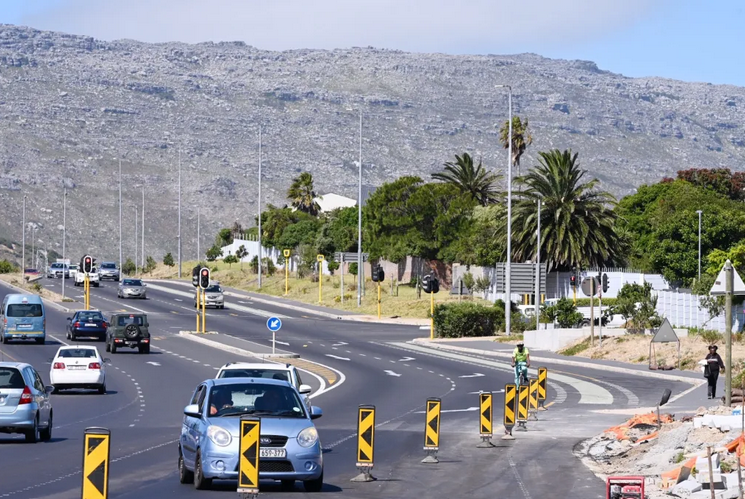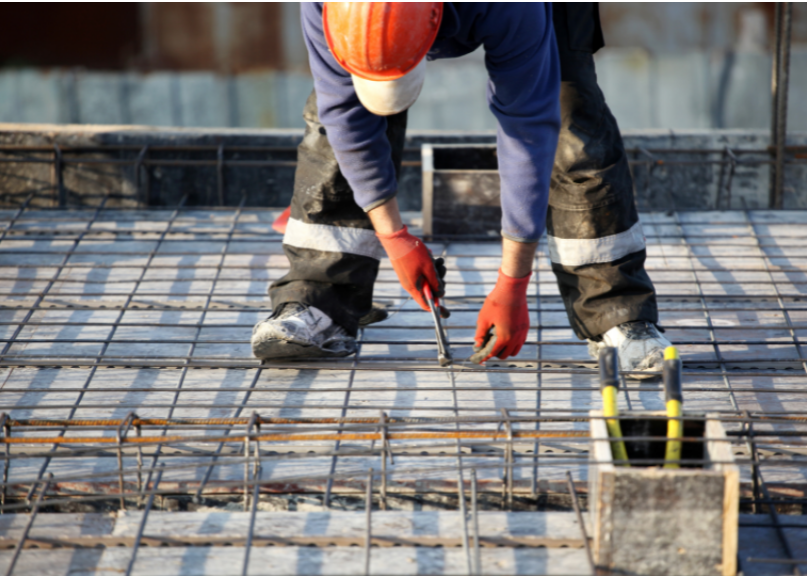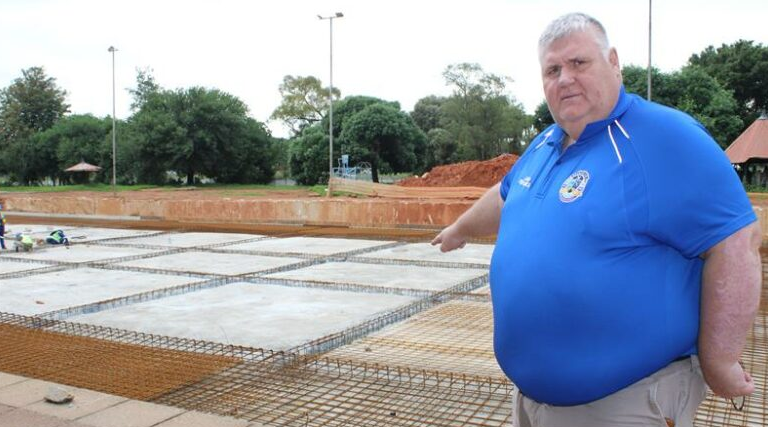School readiness at risk as Gauteng building delays mount
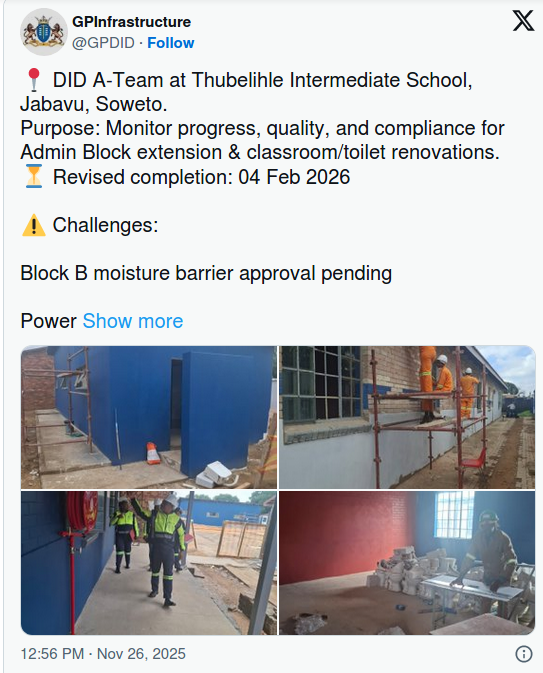
Advertising
28-11-2025
Read : 16 times
Inside Education
Source
Gauteng’s failure to complete key school construction projects is putting readiness for the 2026 academic year at risk, the Democratic Alliance (DA) has warned, citing the provincial government’s own performance figures.
In a statement issued by Nico De Jager, the DA’s spokesperson for Infrastructure Development, the party said that, with only two months before schools reopen, the Gauteng Department of Infrastructure Development (GDID) “cannot show a single project that has been completed and handed over to the Department of Education for this year”.
Several major school construction projects remain incomplete, despite repeated promises that they would be ready in time.
According to the DA, GDID’s second-quarter performance report shows “troubling delays across several school projects that are essential for easing overcrowding in classrooms across the province”.
Thubelihle Intermediate School in Soweto is only 35% complete, while Hoërskool Elsburg in Ekurhuleni stands at less than 50%. Schools intended for learners with special educational needs, such as Bafeti LSEN School in Mabopane, remain far behind schedule, even though they are meant to replace “outdated and inadequate buildings that no longer meet learners’ needs”.
The department’s overall performance “has regressed by 6% to 67% against the performance from the previous financial year because of poor project management, bad planning, contractors abandoning sites or contractors just not being qualified to do the work,” De Jager said.
“The department continues to rely on recovery plans yet experiences the same problems each quarter without us seeing any improvement.”
The Gauteng Infrastructure Financing Agency’s (GIFA) Schools Programme is “facing similar challenges,” the statement continues.
Several schools expected to open in the new year are still awaiting critical approvals, including site development and building plans, which has slowed construction. GIFA’s own documentation notes that six priority schools are earmarked for completion by the end of the financial year, but administrative delays make this “increasingly unlikely”.
De Jager said that “the consequences of these failures are predictable and preventable”.
Learners may again be placed in overcrowded classrooms or temporary structures, he said.
The DA called for urgent intervention from the Premier and Provincial Treasury “to unblock the delays and to ensure that every rand allocated to school infrastructure delivers real value”.
Recent News
Here are recent news articles from the Building and Construction Industry.
Have you signed up for your free copy yet?
